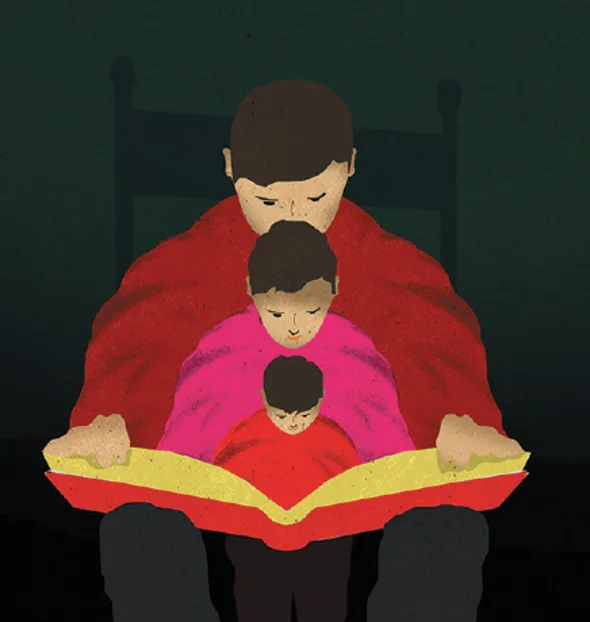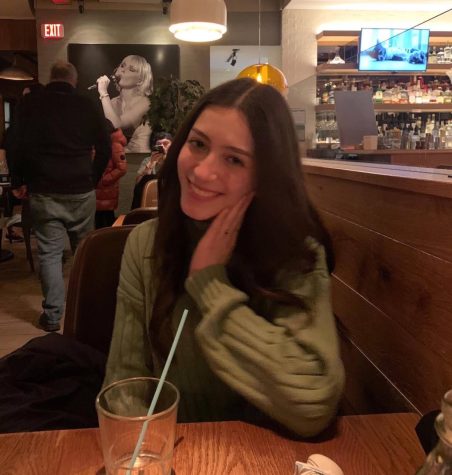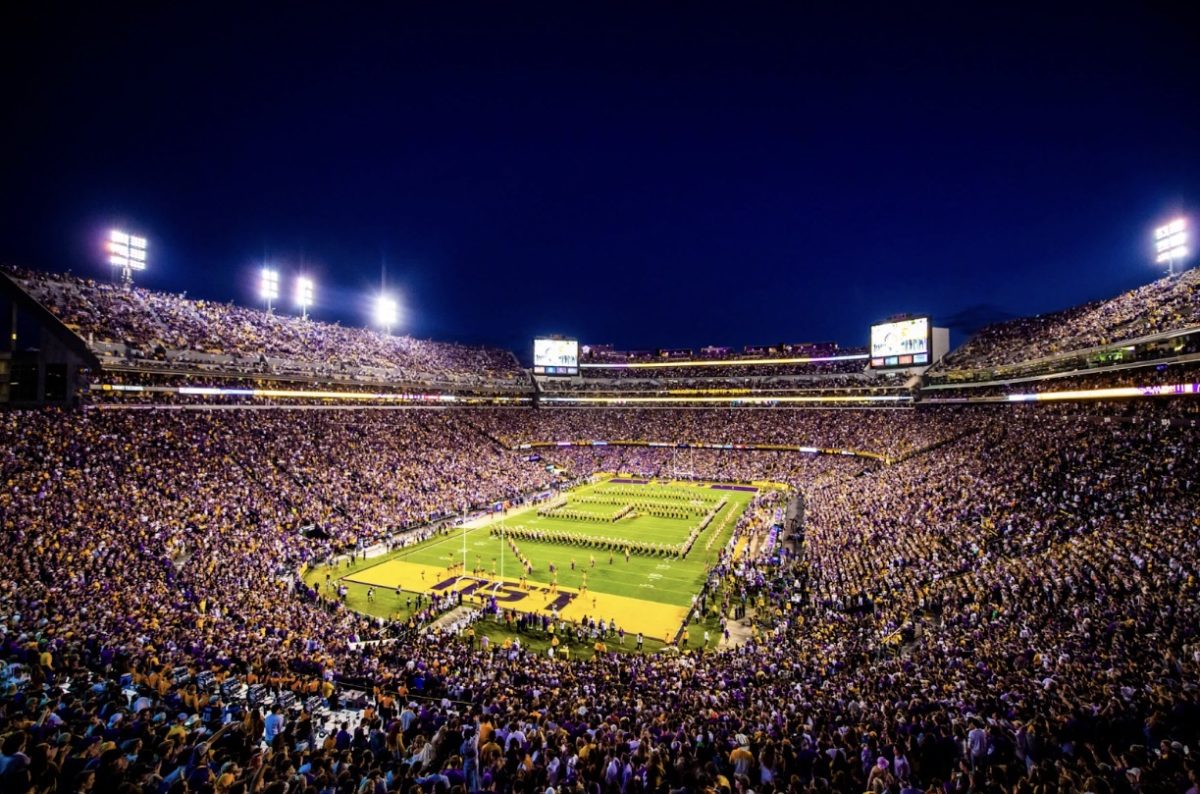Nostalgia: What is It and Why Do We Feel It?
December 13, 2021
Have you ever been transported back in time to a fond memory the moment you smelled sugar cookies baking or heard your favorite Christmas song? Immediately after you begin to think about this memory, you may feel wistful and yearn to go back to the time of your life when that memory took place.
That wistful, retrospective feeling that is evoked from this fond memory is called nostalgia. Nostalgia is common around the holidays when many yearly traditions commence and families get together to celebrate. But what actually is nostalgia, and is there a purpose to us feeling it?
Origins of the Word
The term “nostalgia” has held several meanings. According to psychologist Dr. Kristine Batcho, it was originally coined as a word meaning homesickness. Over time, however, Batcho says that the definition of the word expanded to include longing for certain memories or experiences from one’s past.
The Science Behind Nostalgia
The five human senses, most notably smell and taste, are the main prompters for nostalgia. According to NeurologyLive, when nostalgia is activated, many areas of the brain, especially the frontal, limbic, paralimbic and midbrain areas are stimulated. One’s cranial reward centers are also triggered. A ‘reward center’ is an area of the brain, such as the hippocampus or striatum, that causes one to feel pleasure when activated. These centers are what lead us to feel positive emotions as we experience nostalgia.
Psychologist Erica Hepper states that young adults are especially prone to feeling nostalgic. Young adults are in a period of their lives where they may be attending a new school, experiencing many changes in friendships or relationships or gaining adult responsibilities for the first time. While experiencing these changes, young adults may turn to nostalgia-provoking memories or behaviors to find some sense of familiarity or comfort amidst constant feelings of uncertainty and insecurity.
Does Nostalgia Serve Us a Purpose?
We tend to feel nostalgia most frequently when experiencing stressful situations or unfamiliar changes in our lives. But does this feeling do anything?
Nostalgia can be a healthy coping technique when we feel overwhelming stress or despair. Remembering a memory in which we were happy or carefree reinforces us with a positive feeling to counter the negative and reminds us that we have had good times in our lives.
Rit.edu states that “Recalling a love for the past helps promote hope for the future, and reassures us that life is meaningful.” In other words, nostalgia helps us to remember why we should keep going.
According to Dr. Batcho, the feeling of nostalgia “helps to unite our sense of who we are, our self, our identity over time” and “gives us a sense of who we want to be down the road in the future”. Nostalgia will remind us of what we liked about our past selves, therefore allowing us to remain in touch with the parts of ourselves that we feel have always been important to who we are.
Strangely enough, as it elicits a reaction in our brain’s reward center, nostalgia can become an addictive feeling. If one is struggling with their present-day life and relies too heavily on the feeling of nostalgia for happiness, then they may develop an unhealthy obsession with nostalgia. However, this addiction can be treated through therapy or learning to change one’s mindset regarding their current life.
Overall, there is nothing wrong with reminiscing on your childhood whilst reading a novel you’ve always loved, or yearning for a specific time in your life as you smell a familiar aroma. Nostalgia is a shared human experience that helps us to remember the meaningful connections we make with other people and places. When it is not relied on too heavily to provide one’s happiness, nostalgia reminds us of the beauty in our lives and motivates us to continue on so we find that beauty again in the future.
Sources:
https://reporter.rit.edu/features/science-nostalgia
https://www.apa.org/research/action/speaking-of-psychology/nostalgia
https://www.neurologylive.com/view/brain-and-nostalgia
































Sana • Dec 27, 2021 at 12:04 pm
I love this Maya!